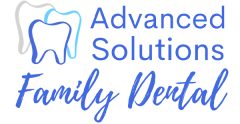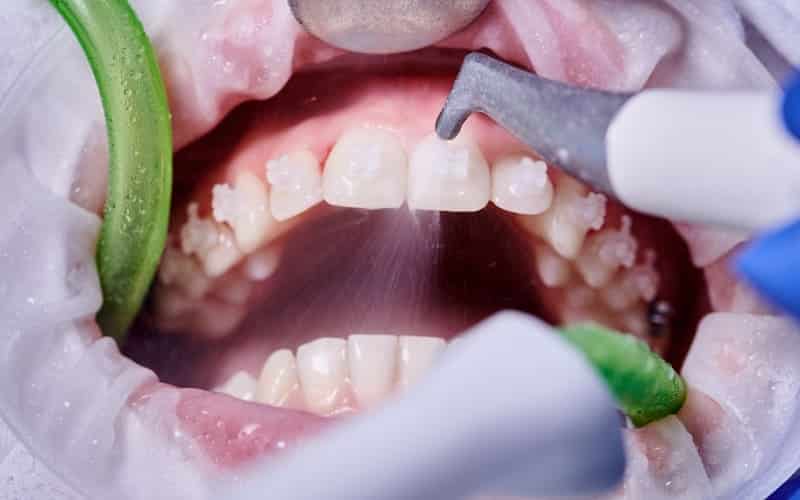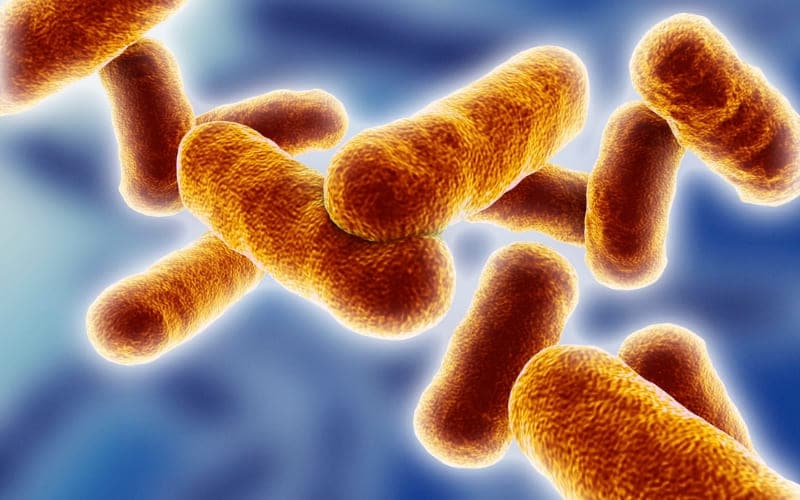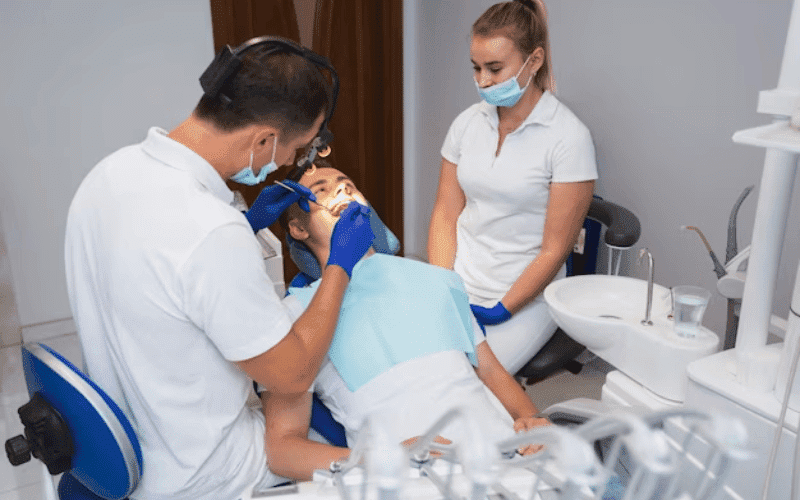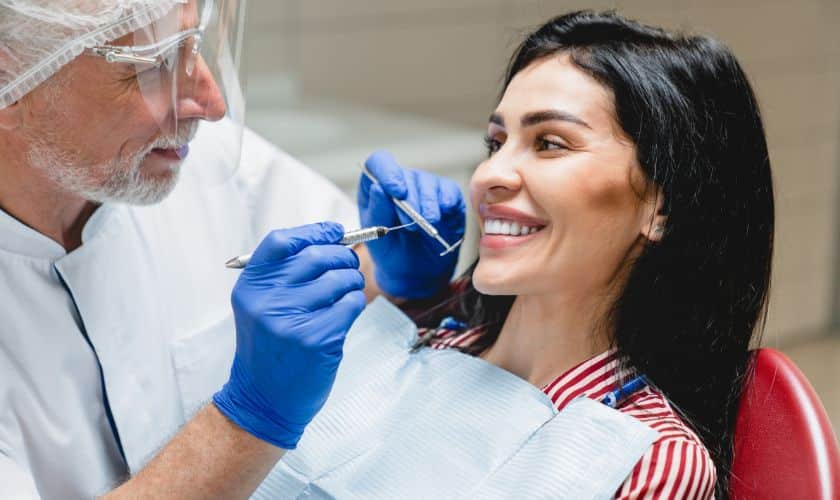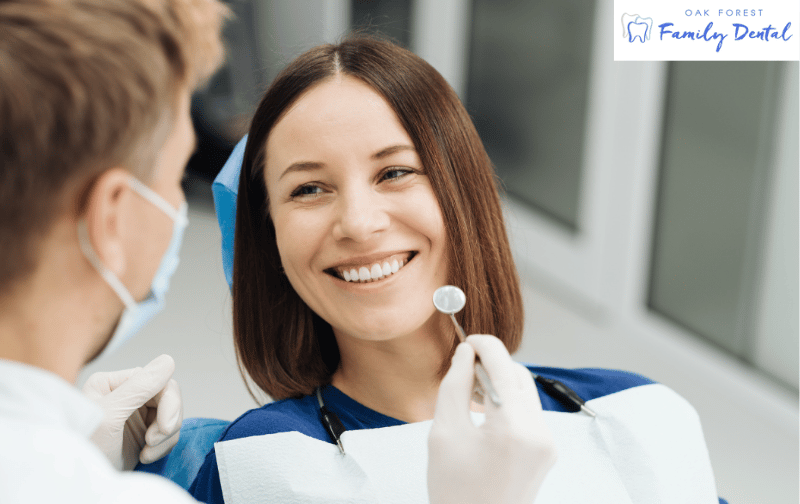Taking antibiotics before dental cleanings, known as antibiotic prophylaxis, is a preventive measure to avoid infections, particularly for patients with certain heart conditions or weakened immune systems. Understanding when antibiotics are necessary and when not is crucial to preventing antibiotic resistance and unnecessary side effects. Antibiotic overuse can cause germs to become resistant, making infections more difficult to treat. Therefore, it’s essential to follow professional guidelines to determine the need for antibiotics before dental cleaning to ensure patient safety and effective infection control.
Understanding Antibiotics in Dental Care
Antibiotics are medications designed to fight bacterial infections by killing bacteria or inhibiting their growth. In healthcare, antibiotics play a crucial role in treating infections, preventing the spread of disease, and protecting vulnerable patients from severe complications.
In dental care, antibiotics are considered before procedures, such as dental cleanings, to prevent potential infections that arise from the introduction of bacteria into the bloodstream. This is particularly important for patients with certain medical conditions, such as heart valve diseases or compromised immune systems, where an infection could lead to serious health complications. By using antibiotics prophylactically, dentists aim to minimize the risk of infection and ensure patient safety during and after dental procedures.
Reasons for Taking Antibiotics Before Dental Cleaning
1. Prevention of Infective Endocarditis: For patients with certain heart conditions, taking antibiotics before dental cleaning can help prevent infective endocarditis, a serious infection of the heart’s inner lining or valves caused by bacteria entering the bloodstream.
2. Protecting Joint Replacements: Patients with prosthetic joint replacements may be advised to take antibiotics to prevent bacterial infections that could compromise the joint, especially if they are at higher risk of infection due to recent surgery or complications.
3. Immune System Compromise: Individuals with weakened immune systems, such as those undergoing chemotherapy, taking immunosuppressive drugs, or with diseases like HIV/AIDS, may need antibiotics to protect against infections that their bodies might struggle to fight off.
4. Uncontrolled Diabetes: Patients with poorly controlled diabetes are more susceptible to infections due to high blood sugar levels, which can impair the immune system. Antibiotics can help reduce the risk of bacterial infections during dental procedures.
5. Specific Heart Conditions: Patients with specific heart conditions, such as previous infective endocarditis, certain congenital heart defects, or heart valve replacements, are at higher risk of developing heart infections from oral bacteria. Antibiotics can provide a protective measure for these high-risk patients.
Situations Where Antibiotics Are Not Necessary
1. Healthy Individuals: For most healthy individuals undergoing routine dental cleanings, antibiotics are not necessary as their immune systems are capable of handling any minor bacterial exposure that might occur during the procedure.
2. Absence of Specific Medical Conditions: Patients without specific heart conditions, such as those who do not have a history of infective endocarditis, congenital heart defects, or heart valve replacements, generally do not need antibiotics before dental cleanings.
3. Controlled Diabetes: Individuals with well-controlled diabetes, where blood sugar levels are maintained within normal ranges, typically do not require antibiotics as their risk of infection is not significantly higher than that of non-diabetic patients.
4. No Recent Joint Surgery: Patients with joint replacements who are not within the immediate postoperative period (usually the first two years after surgery) and who do not have additional risk factors do not usually need antibiotics for dental cleanings.
5. Minor Dental Procedures: Antibiotics are not typically necessary for minor dental procedures such as routine cleanings, simple fillings, or orthodontic adjustments, as these procedures pose a low risk of causing a significant bacterial infection.
Risks of Taking Antibiotics
1. Antibiotic Resistance: Overuse or misuse of antibiotics can lead to the development of antibiotic-resistant bacteria. These resistant strains are harder to treat and can lead to more severe or prolonged infections, posing a significant public health challenge.
2. Allergic Reactions: Some individuals may experience allergic reactions to antibiotics, ranging from mild rashes to severe, life-threatening conditions like anaphylaxis. Identifying and managing allergies is crucial to prevent adverse reactions.
3. Disruption of Gut Flora: Antibiotics can disrupt the natural balance of beneficial bacteria in the gut, leading to issues like diarrhea, gastrointestinal discomfort, or more serious conditions such as Clostridium difficile infections, which can cause severe colon inflammation.
4. Side Effects: Common side effects of antibiotics include nausea, vomiting, diarrhea, and abdominal pain. These side effects can vary in severity and impact a patient’s overall well-being during treatment.
5. Drug Interactions: Antibiotics can interact with other medications, reducing their effectiveness or increasing the risk of adverse effects. It’s important to manage and review all medications a patient is taking to avoid harmful interactions.
Wrap Up!
In summary, antibiotics before dental cleaning can be essential for patients with specific health conditions to prevent serious infections. However, for healthy individuals or those without particular risk factors, antibiotics are often unnecessary. Misusing antibiotics can lead to resistance, allergic reactions, and other side effects. Therefore, antibiotics should be used judiciously based on individual health needs. Consult your healthcare provider for specific guidance. If you’re unsure whether you need antibiotics before your next dental cleaning, contact Oak Forest Dentist for expert guidance. Your health and safety are our top priorities—schedule your appointment today!
